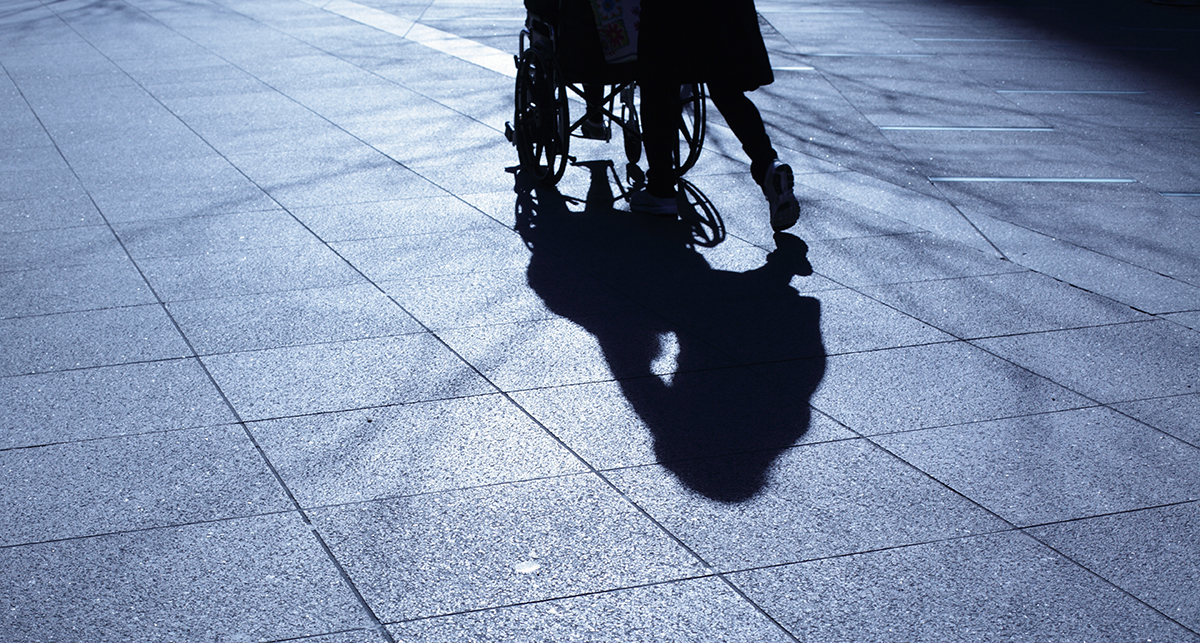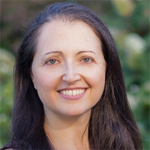OpenSidewalks Offers Community-Building Workshops for Neighborhoods

Sidewalks are at the heart of walkable urban centers, offering a mode of travel that supports nearly all other travel options and community activities. Unfortunately, sidewalks are not always safe and accessible to all. Many people encounter sidewalk obstacles, like steep inclines, that limit their access to the benefits of urban life. Though we cannot make all sidewalks accessible overnight, foreknowledge of avoidable obstacles aids independent and empowered pedestrian travel.
OpenSidewalks, a project of the Taskar Center for Accessible Technology at the University of Washington, promotes equity in pedestrian routes by making sidewalks first-class members of an open data transportation network. Collecting open sidewalk information will support a variety of use cases and downstream activities, including closing the informational gap for pedestrians of all abilities, automated trip planning customized to individual abilities, and furnishing analytic tools for data-driven urban planning so good decisions can be made about infrastructure investments.
Access to safe pedestrian routes is a critical challenge if we are to steward healthy, inclusive, and resilient communities. To see an example of how this data can be used, try our pedestrian trip planner at https://accessmap.io.
OpenSidewalks developed clear and understandable tools for gathering sidewalk data, focusing on:
- Tools for individual citizen-scientist data entry.
- Mass import tools for municipal datasets.
- Automatic mapping through crowd-contributed geo-located videos.
To populate individually contributed data, we engage grassroots efforts. OpenSidewalks provides an opportunity for a community (as small as five people) to get together and build a sense of place through walking audits, advocacy, and conversation about our shared environment. Facilitated workshops engage local advocacy groups and communities, provide leader education, and promote community contributions to pedestrian-centric open data. We have adapted materials in a culturally sensitive, locally appropriate manner for organizations in urban centers, including national and international chapters of mapping organizations.
If you’re interested in bringing OpenSidewalks to your neighborhood, or want more information, e-mail uwtcat@uw.edu.
 Contributor Anat Caspi directs the Taskar Center for Accessible Technology and collaborates with data scientists, tool developers, urban specialists, open data communities, educational software specialists, and local advocacy groups to promote equitable and resilient accessible cities.
Contributor Anat Caspi directs the Taskar Center for Accessible Technology and collaborates with data scientists, tool developers, urban specialists, open data communities, educational software specialists, and local advocacy groups to promote equitable and resilient accessible cities.
This article originally appeared in the March 2019 issue of AgeWise King County.
![Aging & Disability Services for Seattle & King County [logo]](https://www.agingkingcounty.org/wp-content/themes/sads/images/seattle-ads-logo.png)